Batteries for electric airplanes: Solar Impulse II - flying across the Pacific May 30 2015, 5 Comments

Solar Impulse is one of the most interesting projects anywhere in the world. It is a fully-solar powered plane, that one day in the future will never have to stop flying. During daytime, the wings which are covered in solar panels charge the plane’s lithium-ion batteries. There are four engines (two on each wing) with a propeller and inside each engine housing, high-capacity lithium-ion polymer (soft-pack) batteries covered in a protective and proprietary foam.

The plane is now standing by in Nanjing, China, gearing up for leg 7 of 12 - where it will take flight across the Pacific to Hawaii. The adventure will take six days and six nights and will be piloted by André Borschberg. Go over to their website and follow the flight in real-time.
You definitely don’t want to miss Solar Impulse’s journey, it is simply incredible. Their prototype electric aircraft broke eight world records. It was the first plane with lithium-ion batteries to fly through the night, between continents, and across the US. The current leg of the journey is completing a full circumnavigation - an around-the-world flight.
Specifications
General characteristics
- Crew: 1
- Length: 21.85 m (71.7 ft)
- Wingspan: 63.4 m (208 ft)
- Height: 6.40 m (21.0 ft)
- Wing area: 11,628 photovoltaic cells rated at 45 kW peak: 200 m2 (2,200 sq ft)
- Aspect ratio: 19.7
- Loaded weight: 1,600 kg (3,500 lb)
- Max. takeoff weight: 2,000 kg (4,400 lb)
- Powerplant: 4 × electric motors, 4 x 21 kWh lithium-ion batteries (450 kg), providing 7.5 kW (10 HP) each
- Propeller diameter: 3.5 m at 200 to 400 rpm (11 ft)
- Take-off speed: 35 kilometres per hour (22 mph)
Performance
- Cruise speed: 70 kilometres per hour (43 mph)
- Endurance: 36 hours (projected)
- Service ceiling: 8,500 m (27,900 ft) with a maximum altitude of 12,000 metres (39,000 ft)
Lightness
- The aircraft is ten times lighter than the lightest glider.
- The critical metric here was in where to reduce weight to allow more batteries.
- Innovation with the lightest sheets of carbon to-date which weight 1/3rd that of printer paper. (Developed by Decision)
The carbon fiber plane has a 72 meter wingspan, which is roughly equal to that of a Boeing 747. This plane is really a gentle giant, and shares ideals with the albatross - a bird that soars across oceans with a massive wingspan. And despite the large size, the skeleton is light and the total weight is less than a Volt electric car.
Solar panels cover the wings - 17,248 to be exact. This is enough power to fully charge the batteries in about six hours, and allow the four electric motors (17.5 CV each) to stay airborne all night.
Routines
Inside the lumbering giant is a small, hollow room with a few monitors a controller and space enough for one person. Piloting the first solar-powered plane to fly around the world is no easy task. The Solar Impulse 2 has capabilities to allow a pilot to live for one week without landing.
The cabin is not pressurized like normal passenger planes are - that means the pilot needs to wear an oxygen mask. Weather conditions vary from -40°C to +40°C so the pilot must also wear protective clothing. Every morning, the pilot climbs to 28,000 feets to harness the most sunlight, and at night descends to 3,000 feet to conserve energy. Actually the descent is a use of potential energy created by height gained during the day to help the plane get through the night.
Food is being developed by Nestle, and is making meals and snacks that can withstand extreme temperatures. Going to the bathroom is surprisingly simple - and unlike in the International Space Station, gravity does most of the work for the pilots of the Solar Impulse.

Pilot of Solar Impulse in cockpit
Whoever is piloting the craft will also have to adapt to polyphasic sleep cycles, where instead of sleeping once per day (monophasic) or twice per day (biphasic), a person sleeps many times a day. Pilots of Solar Impulse sleep in short 20-minute spurts. Some people have been on this sleep schedule for years, and it is used by the military and NASA. After waking they will often stretch, meditate, or do yoga to exercise the body and mind.
"If you work eight hours in front of a computer, you are in terrible shape. It’s the same here — if you fly all the time, you end up in terrible shape, so we need to find ways to get rid of these strains that you have on the body." Said Piccard.

Lithium-ion batteries for electric airplanes
Energy storage represents is the plane’s primary inefficiency, but also is a very achievable goal to improve upon. Piccard has this to say on the state of battery technology for aircraft:
"The batteries we have used have been specially developed for optimal maintenance but are still 10 times heavier than kerosene. I would imagine that we are still 20 years away from attaining parity on this point.”
Motors output 8 hp (6 kW) during a full day and night cycle, which is roughly the amount of power in the Wright brother’s plane. This major constraint by the batteries puts the aircraft just on the edge of flight, with no margin for error.
This solar-powered aircraft Solar Impulse uses four main lithium-ion batteries, each containing 70 lithium-polymer cells. It does not use a commodity cell like the 18650 that Tesla uses. There are several reasons, foremost being weight. An 18650 battery is in a steel housing, and a lithium-ion polymer battery like what is in this aircraft or in a cell-phone is housed in a soft, thin, flexible material. That is why nearly all drones, RVs, and electric planes use polymer (soft-packs). The polymer pack used by Solar Impulse is completely custom-built.

Particular concerns for lithium-polymer batteries fit for airplanes:
- Weight
- Efficiency
- Lifespan
Things that need the most work:
- Optimal balance between lifespan and energy
- Factors dependent on temperature
- Cell voltage
- Current
The batteries for the Solar Impulse were produced by the Korean manufacturer named Kokam. The special chemical formula improves the cell’s oxidation issue. The analogy that Solar Impulse use is “Just as an apple gets dark and rots when peeled and left outside, batteries age faster and lose efficiency when oxidized.”
- Solar Impulse I - Batteries by Kokam (Korea) with energy density of 243 Wh/kg.
- Solar Impulse II (Current) - Batteries by Air Energy (Germany) with energy density of 260 Wh/kg.
They claim the technology is two years ahead of the industry which is realistic as large Asian manufacturers like Panasonic or Samsung which dominate the market are much slower to change. Perhaps smaller battery manufacturers outside of Asia are on-trend as the market competes to adapt to high-demand and quickly changing battery technologies.
More battery specs
- Battery total weight: 633 kg (weight equal to midsize sedan, takes up one quarter of plane’s overall weight).
- High voltage range of 210 - 304.5V DC
- Capacity: 38Kw
Temperature in plane batteries

As was said earlier about extreme temperatures that pilots must endure, the li-ion batteries on electric airplanes have the same issue. Efficiency loss is very troublesome when flying through the night. If many of the batteries underperform and battery capacity is compromised - the pilot would have no choice but to use his parachute, survival training, and bail from the plane.
To maintain optimal temperatures, they treat their batteries like NASA does and heat them. Scientists found that the optimal temperature for their batteries was a constant 25°C. This temperature is maintained throughout the entire motor gondola with a heating system. The efficiency from running lithium-ion at their proper temperature is critical to keeping the craft airborne all night.
Catching the sun
Like with all other aspects of this plane, there is little margin for error when charging the batteries.
The plane can reach a speed of 100 mph, but the optimal speed to get the most distance out of the batteries is around 60 mph.
Chemical enhancements
Monoflourethylencorbonat solvent was added to the crafts lithium-ion batteries. It is developed by Solvay Chemicals, and depending on blend can account for up to 20% of the batteries’ total electrolytes. The main advantage of their blend was a higher energy density.
The insulation foam that cover the batteries were developed by Bayer Material Science. It has thin pores, high rigidity, and good strength, all while being extremely light.
Battery independence
The lithium-ion polymer batteries are all independent of each other. A balancing controller is in place to insure power between cells can be transferred in the case a motor fails. And each battery is fed to a particular solar panel which corresponds to a certain motor.
What does this mean for the future of aviation?

Volt Air electric aircraft concept
Picard said the following about the broader significance of such a project:
"It’s really to show what we can do with renewable energies, and with key technologies that can save energy. This is really the vision I had in the beginning, to do something extremely difficult, something that people would consider impossible."
Others, such as Tesla’s Elon Musk have said that the first fully-electric passenger plane that could cross from California to New York will be available in around twenty years.
If predictions of trends are correct and battery energy will be on parity with combustible fuels in twenty years - will aircraft actually become electric? The foremost metric is “Cost per kilowatt hour” which continues to steadily decrease year by year, and has very achievable goals ahead of it to improve. It may even be decreasing at an exponential rate.
It might be that one battery break-through immediately makes electric planes accessible. Until then, it seems it will be a slow, adventurous journey. The margin for error will grow as energy density rises, and items of comfort and more passengers will be added to the planes. And if battery technology continues as it is doing now, within twenty years, the future generations of Solar Impulse will help define parts of our sky.
Video: Watch the construction of Solar Impulse

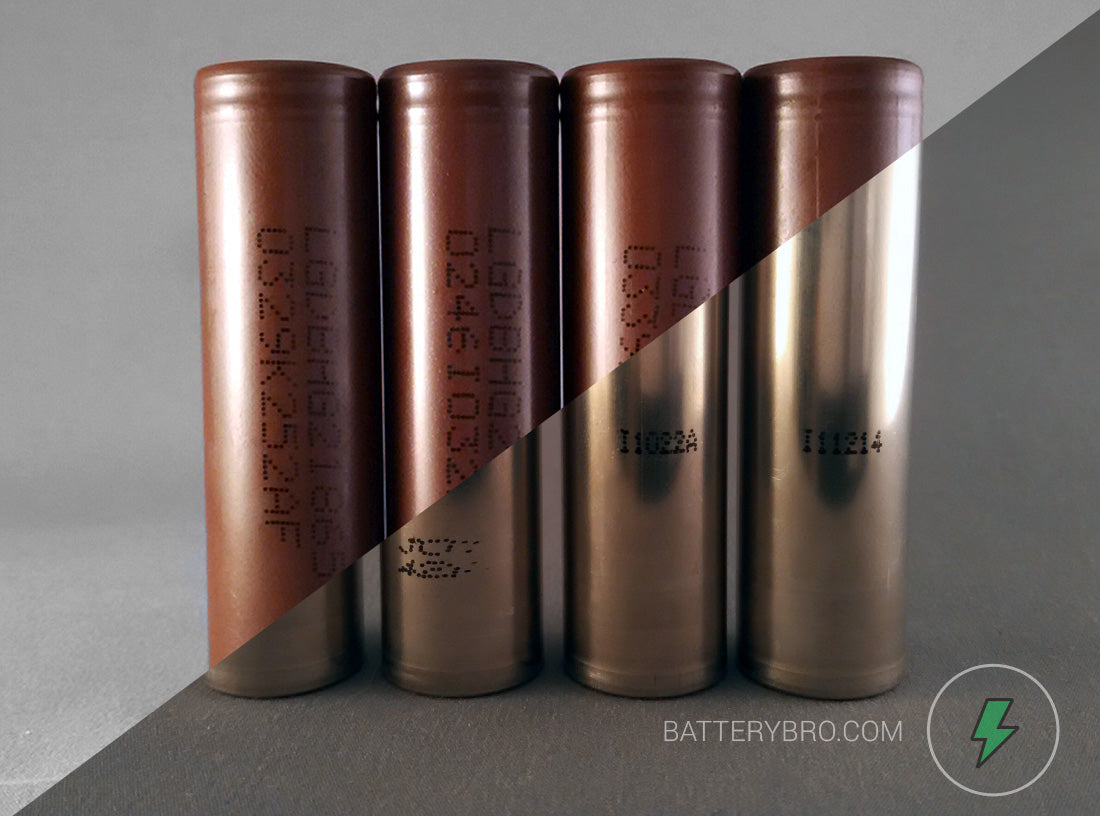

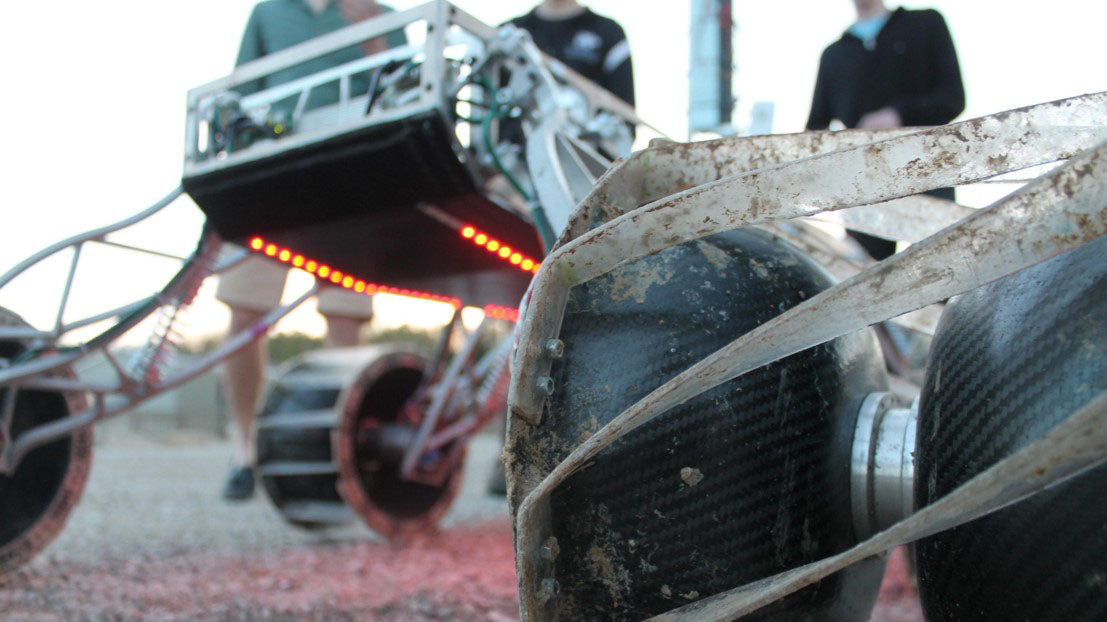

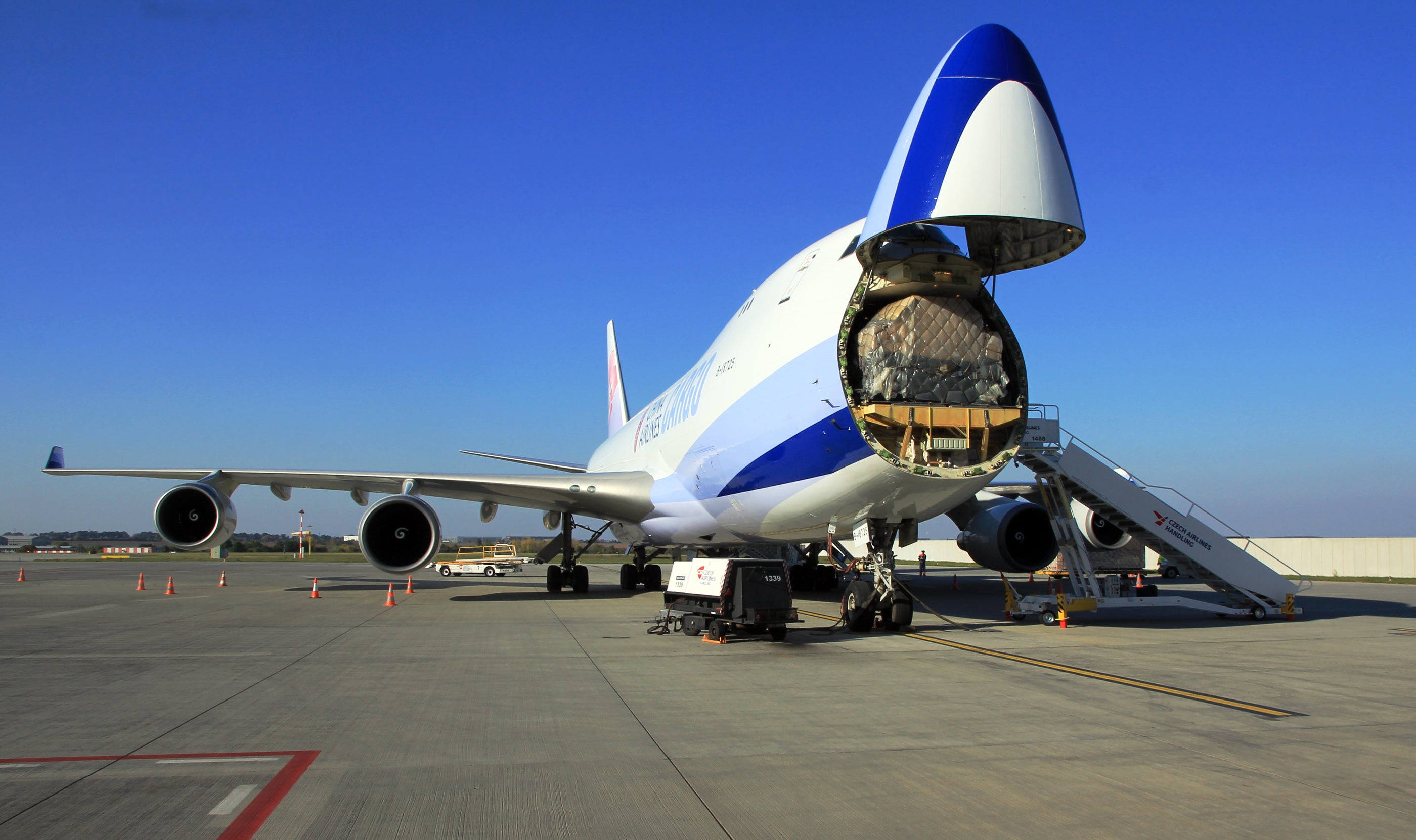
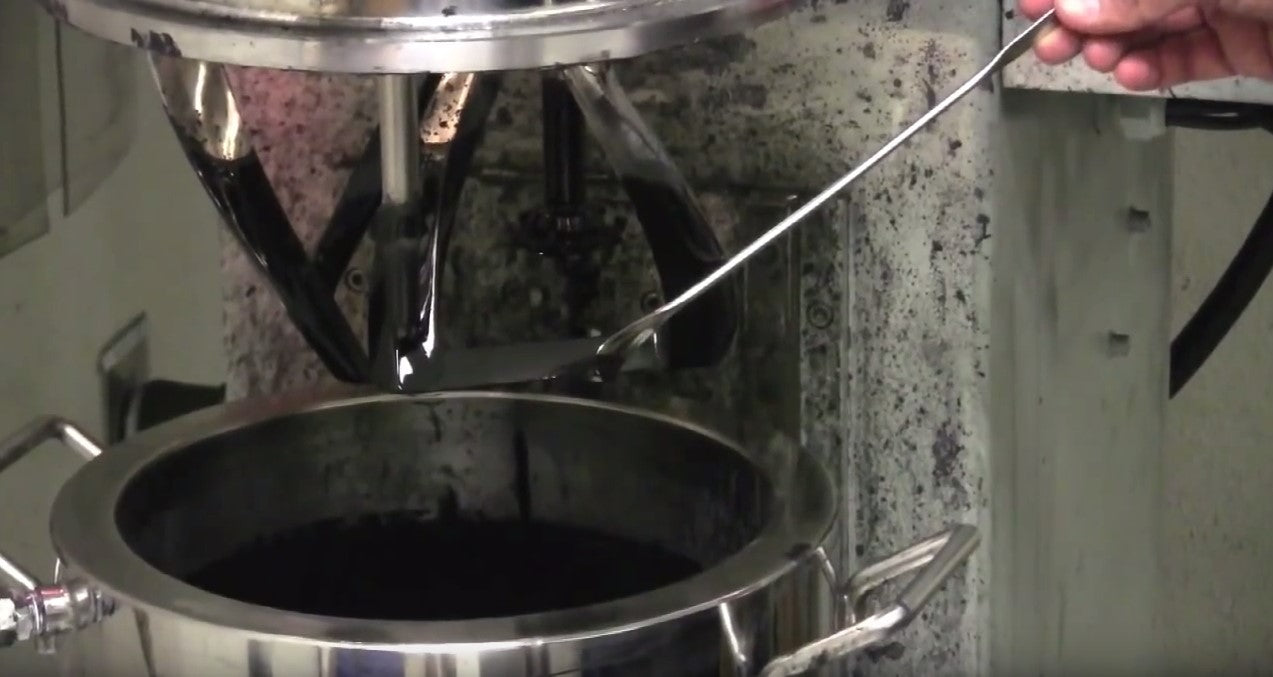
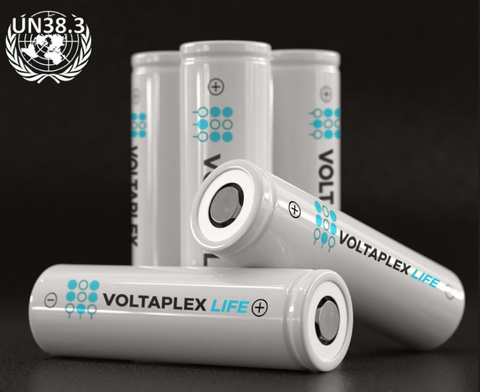

Comments
govind singh malviya on December 23 2018 at 12:03PM
Good morning sir bantard picard .I am asking some question from you about solar impulse 2 . How much length required of runway for landing &teck off solar impulse 2 .?how much power back up given by lethium ion battries for night flying or emergency travel in cloudy days ?Are you lauch it in market for sale if yes then how much price decide by you ?
vaibhav on October 16 2018 at 05:07AM
Aerospace Battery Technology Market Size, Status and Forecast 2018-2025@ https://www.grandresearchstore.com/ict-and-media/global-aerospace-battery-technology-2018-2025-256
Dennisagoft on September 04 2017 at 04:38PM
Le Pliage Khaki
Learn how lengthy you have to continue to keep particular economic papers so they don’t mess up your daily life. For instance, spend stubs are merely needed for the year till you buy your W-2 form and they can be tossed till the the new year. Don’t hold on to paper except when you need to you would like your economic daily life to become structured, recall?
https://www.windkraft-im-grabfeld-aber-mit-mass-und-ziel.de/images/win2/7775-pumps-rot-blockabsatz.jpg
Browse the relation to service for each social websites website you will make a user profile on. Make certain that know the regulations of the website you are making a account on, usually your user profile could possibly be removed and all of your effort will be went. Some internet sites do not let affiliate marketer hyperlinks so know the site’s guidelines before starting.
https://www.maler-hamburg-spotin.de/images/maler-hamburg-spotin/35188-nike-lunarlon-schwarz.jpg
John Ragzdale on April 24 2016 at 11:25AM
Was the original Solar Impulse intended as a proof of concept, or was it too small to achieve
the night endurance required?
Fred Perry on January 14 2016 at 04:07AM
That is unbelievable. Plane flying across the continents using solar power. China is changing the world with their technology and with this advancement I believe that there will be a huge cut in fares too. This will take years to come in market but this change will be revolutionary.